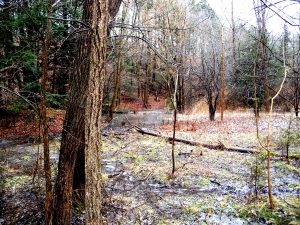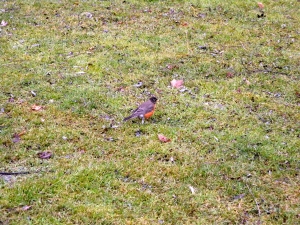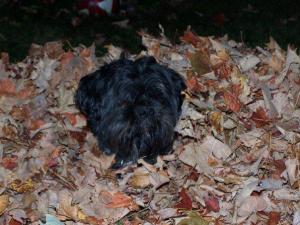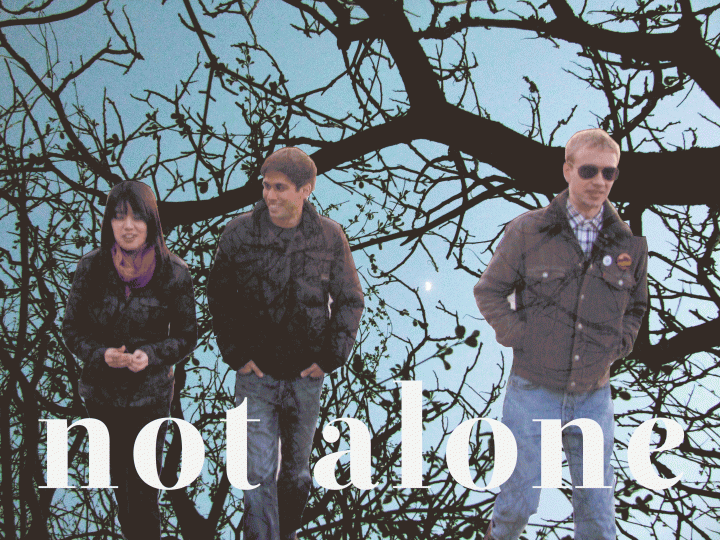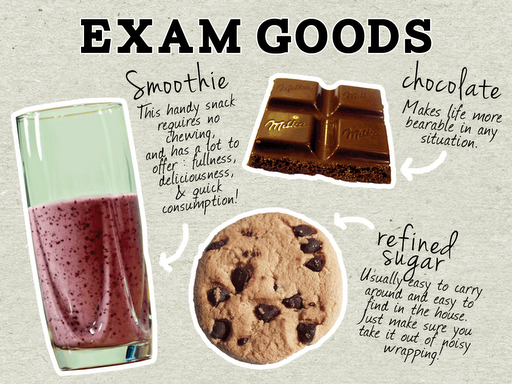I have a feeling I’m kind of abnormal. I go to university, which according to pop culture, means I should be in a sorority, streaking across the quad, or competing in an a capella competition. I have yet to do any of the above, but I still feel like my life is an adventure.
For the past few weeks, my life has been a dumping ground for all kinds of awesome. I saw Argo, trekked through a hail-storm, went on a forest walk, had a banana pancake party at 2 am, and watched a lot of goat videos (let’s not talk about that). In other words, my life is pretty great.
I was thinking about it, and I realized that you (future students) might not really know much about what there is to do in Toronto. Here are some of the adventury-type things I like to do to get you inspired.
See the city lights.
If you have a friend with a car, drive down to the Sound Academy to see the skyline lit up at night. This is the perfect night expedition.
Go for a walk in the Sunnybrook Forest.
This place is perfect for aimless contemplation, bird-watching, and creeping other peoples’ dogs (there’s a dog park 20 minutes down the trail).
Go to Keele on the shuttle bus for a meal.
The food at Keele is pretty legit (i.e. Hero Burger, Mac sushi, the Underground Restaurant, Yogen Fruz, Booster Juice). You can pay for all of the above with your meal plan dollars.
Check out a creative event on campus.
Two weeks ago, my friends Max and Brynn, Four Minutes Til Midnight, and Trouble and Daughter played a concert at the Lunik Coop. Glendon Théatre also puts on amazing drama productions like the Fridge Festival (which I’ll be performing in; you’re welcome to come see!).
Go adventuring downtown.
Dundas Square, adorable cafés, and the Eaton Centre. With a $10 TTC Day Pass, there are heaps of things to do and see in a day off.
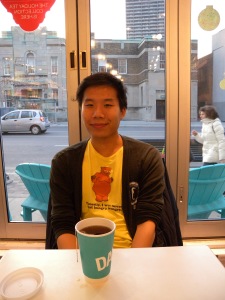
A cuppa with my friend Andy at David’s Tea, located at Yonge and Eglinton. If you’re looking for more cute shops, check out the stretch on Bayview south of Eglinton.
Adventuring is a daily pursuit. Fellow Glendonites, what fun things do you do in your spare time?


